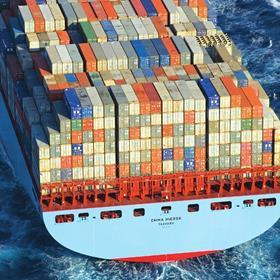
Brexit has created administrative and diplomatic uncertainty in agriculture over the issue of quotas, tariffs and the terms of its World Trade Organisation membership, Reuters has reported.
In order to trade on its own after withdrawing from the European Union, the UK must draw up a document that sets out its own commitments to the WTO. Britain’s membership terms are currently included in those of the EU.
In agriculture, it will be especially complicated for the UK to disentangle itself from the EU’s WTO membership, Reuters reported, since EU imports are limited by 128 quotas.
These quotas, which cover most types of fruit and vegetables, only allow a certain amount of tariff-free trade in most products and vary from country to country.
Trade experts are warning that unless Britain promptly agrees what share of each EU quota it will take and what tariffs will apply to around 2,000 agricultural products, it could plunge the industry into uncertainty.
Britain now has two years in which to negotiate its exit having triggering Article 50 on 29 March. If an agreement is not reached by then, the UK might have to unilaterally announce its plans, which could create opposition from farm lobbies at home and overseas, according to Reuters.
Some experts are also warning that a decision must be reached much earlier than the two-year cut-off to avoid trade uncertainty.
'It's going to have to be in place, not the day before Brexit but a year before Brexit because exporters and importers will want to know when they're entering contracts,' Alan Matthews, emeritus professor of European agriculture at Trinity College, Dublin, told Reuters.
In addition, diplomats warn that quotas could be used as a bargaining chip by EU countries in the negotiating process. If a country felt Britain had damaged their interests, they could respond by entering into a trade dispute or imposing sanctions on the UK, Reuters reported.
If, in the end, no new trade deal is reached with the EU, it would spark competition among EU members for access to the British market but ultimately British producers would face large tariffs for exporting to the EU.



